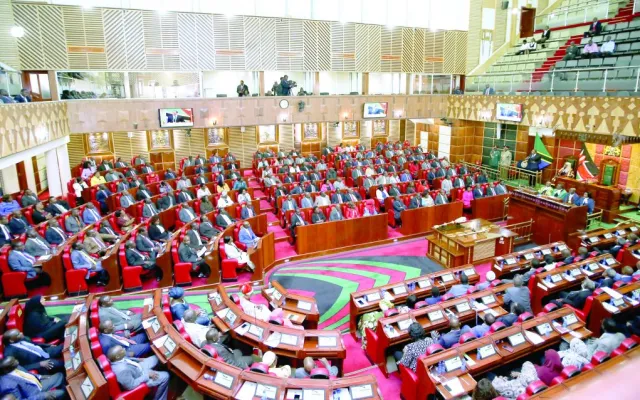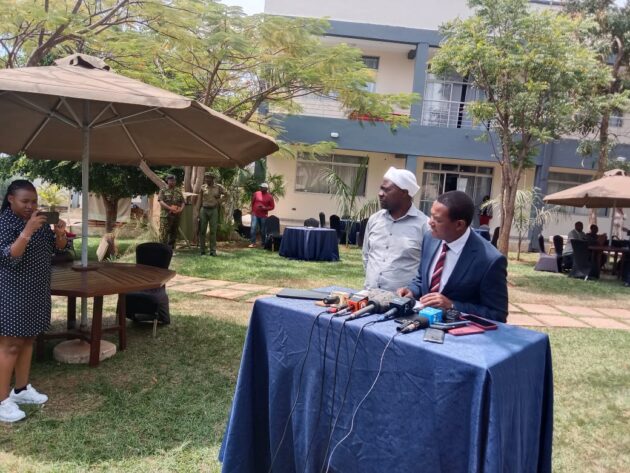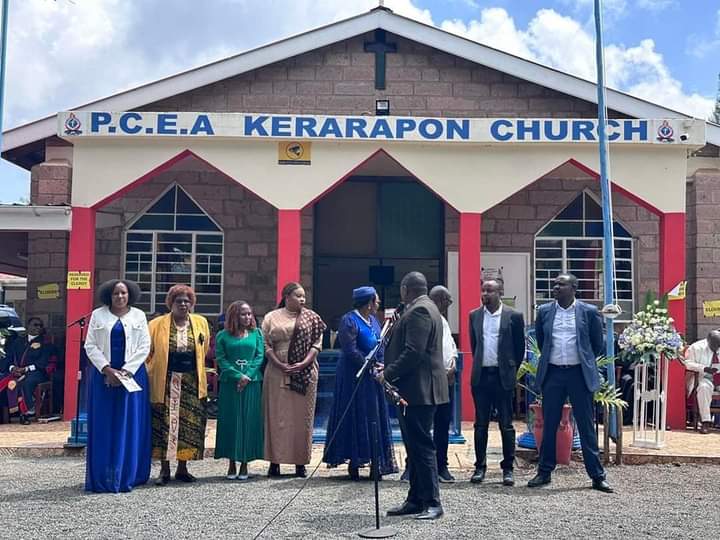Parliamentarians have been asked to leverage Kenya’s position within the East African Community (EAC) and other regional bodies to harmonize African Continental Free Trade Area (AfCFTA) approaches and negotiate as a bloc, to maximize the benefits from the agreement.
AfCFTA Secretary General Wamkele Mene told a joint sitting of the Senate and National Assembly Trade committees that they should be involved in passing laws that incorporate the AfCFTA into national legislation.
According to Mene the lawmakers should advocate for and allocate resources for infrastructure development that facilitates trade such as improving road networks, ports, and customs facilities.
“Improved infrastructure is critical for reducing the cost of doing business and enhancing competitiveness, it is imperative to promote policies that ensure inclusive benefits from the AfCFTA across all segments of society, including women, the youth, and the informal sector,” said Mene.
This is even as Mene called on Parliament to set up oversight mechanisms to monitor the implementation of the AfCFTA and its impact on the Kenyan economy, which includes assessing how well local businesses are exploiting new market opportunities and identifying any challenges they face.
Mene acknowledged the role the Kenyan Parliament has played in advancing and realizing the AfCFTA, which is evident by the swift ratification of the agreement, active engagement in key initiatives and the enactment of legislation that supports the broader vision of African integration.
“Let me stress the importance of enacting national legislation that reflects Kenya’s interests while also aligning with our shared goals for continental prosperity, this includes making appropriate budget allocations for the implementation of national strategies related to the AfCFTA,” said Mene.
Senate Majority Leader Aaron Cheruiyot (Kericho) said that since independence, Kenya has made progressive strides in the trade sector nationally and internationally, at the National level, Vision 2030 recognizes the trade sector as key in achieving the envisaged 10 per cent economic growth due to its immense contribution to GDP and employment creation.
According to Cheruiyot, Sustainable Development Goals (SDGs) emphasize strengthening the means of implementing and revitalizing global partnerships for sustainable development with trade liberalization and globalization having a significant positive effect on a quest for sustainable development.
“The Constitution of Kenya, legislative and policies frameworks, related to trade have created an enabling environment for trade and investment by both national and international players, to further foster trade, the Senate has considered a number of legislation that focuses on trade development with a focus on the counties,” said Cheruiyot.
Senate Trade Committee Chairman Lenku Seki Ole Kanar (Kajiado) said that Kenya has remained steadfast in its support of the AfCFTA and is an active player in African Economic integration initiatives, this was indeed confirmed when it was among the first nations to ratify and deposit the instruments of ratification of AfCFTA.
“This is fortunately now set to change with the implementation of the African Continental Free Trade Area, Indeed, regional integration has and will continue to be an important strategic instrument for expanding economic opportunities of countries across the world,” said Seki.











